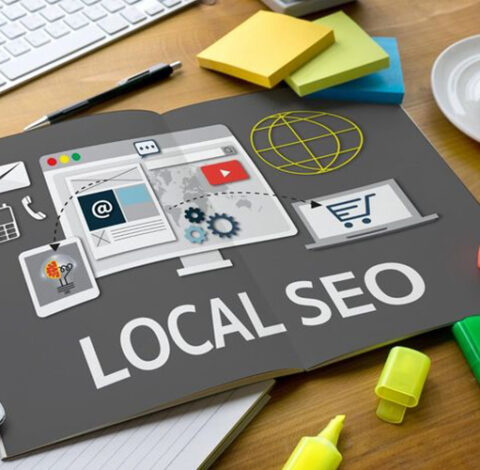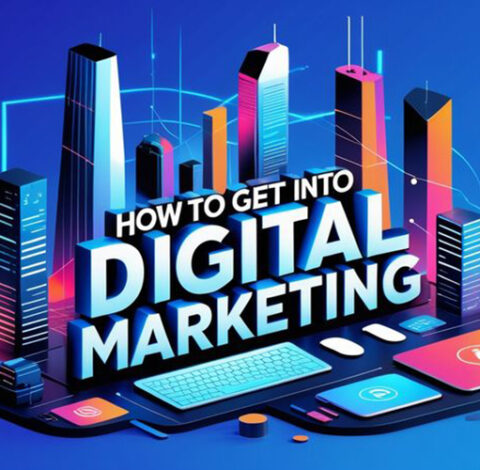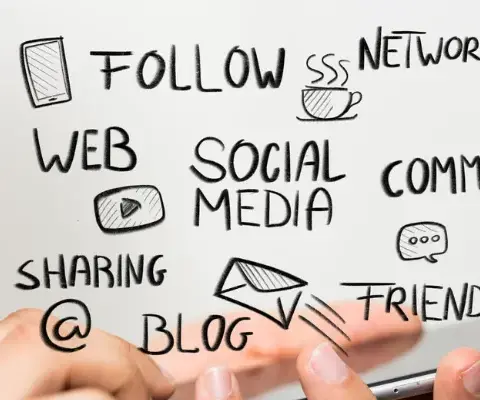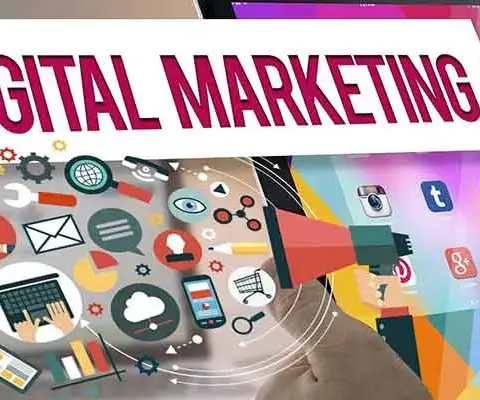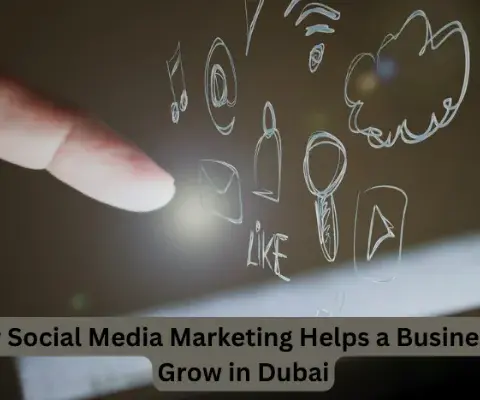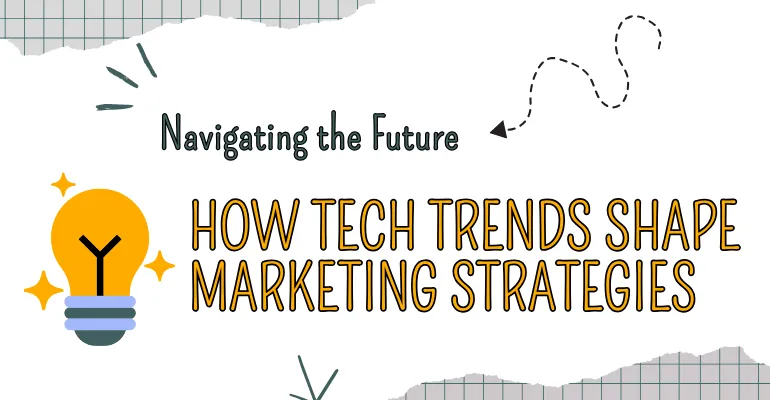
Navigating the Future: How Tech Trends Shape Marketing Strategies
In the digital age, technology has become an indispensable part of our daily lives, reshaping industries and markets alike. Marketing, once a domain dominated by traditional advertising methods, has undergone a profound transformation, evolving from mass-market broadcasting to highly personalized, data-driven strategies. This article delves into the impact of technology on marketing and explores emerging trends that are set to redefine marketing practices.
The Technological Revolution in Marketing
The advent of technology has ushered in a new era for marketing, shifting the paradigm from a one-size-fits-all approach to a highly customized strategy. By leveraging advanced tools such as data analytics, customer engagement platforms, and automation, marketers can now devise innovative, efficient, and targeted campaigns. This technological leap facilitates a more intimate connection with consumers, enhancing engagement and campaign effectiveness.
Data-Driven Marketing: The Backbone of Modern Tactics
At the heart of contemporary marketing lies data. Through data analytics, businesses can dissect massive datasets to uncover patterns, trends, and consumer preferences. This granular insight enables marketers to develop targeted strategies, ensuring that products reach the right audience at the optimal time, thereby boosting conversion rates and customer satisfaction.
Customer Engagement: Bridging the Gap with Technology
Technological advancements have revolutionized customer engagement, introducing tools like chatbots and virtual assistants that offer immediate responses to inquiries. Personalization engines utilize data from user interactions to tailor content, recommendations, and experiences to individual users, enhancing the overall customer experience.
Automation: Streamlining Marketing Processes
Automation has simplified numerous marketing tasks, from scheduling social media posts to segmenting email lists and deploying targeted ads. This efficiency not only increases productivity but also allows marketers to expand their efforts without proportional increases in costs or personnel.
The Rise of Artificial Intelligence in Marketing
Artificial Intelligence (AI) is poised to revolutionize marketing by automating complex processes and introducing novel ways to engage with consumers. AI powers predictive analytics, content generation, and customer service solutions, transforming marketing across various sectors.
Predictive Analytics: Forecasting Consumer Behavior
AI’s predictive analytics capabilities enable businesses to anticipate future buying trends based on historical data and current market conditions. This foresight allows marketers to tailor their strategies to meet anticipated consumer needs, often addressing unarticulated desires before consumers realize them.
Content Generation: Crafting Compelling Narratives
AI plays a pivotal role in content generation, producing engaging content from headlines to detailed blog posts and personalized emails. As AI evolves, it becomes better at understanding human language nuances, generating sophisticated content that resonates with target audiences.
Enhanced Customer Interactions
AI improves customer interactions by making them more human-like and responsive. Through advancements in natural language processing and machine learning, virtual assistants and chatbots can handle complex inquiries with a level of sophistication akin to human interaction, enhancing customer service efficiency and personalization.
Current Tech Trends Shaping Marketing
As marketing strategies evolve, so too do the technologies that support them. Social media algorithms, SEO tools, and voice search optimization tools are among the most influential technologies currently impacting the marketing landscape.
Social Media Algorithms: Decoding User Behavior
Social media platforms’ algorithms analyze user behavior, preferences, and interactions to determine content visibility. Marketers can leverage this understanding to optimize content reach and engagement.
SEO Tools: Elevating Online Visibility
SEO tools assist marketers in optimizing content for higher rankings on SERPs, crucial for driving organic traffic. Advanced SEO tools incorporate AI to provide insights into keyword trends, backlink analysis, and content performance, offering recommendations for improved on-page SEO.
Voice Search Optimization: Adapting to Conversational Queries
The growing use of voice-activated devices necessitates voice search optimization. Voice searches are typically longer and more conversational than text-based queries, prompting marketers to adjust their content strategy to accommodate natural, question-based queries and prioritize long-tail keywords and local SEO.
Conclusion
The intersection of technology and marketing is reshaping the way businesses engage with their customers, moving away from generic messaging towards personalized, data-driven campaigns. As technology continues to advance, marketers must stay abreast of emerging trends and adapt their strategies accordingly to remain competitive in the rapidly evolving digital marketplace. By embracing AI, automation, and data analytics, marketers can unlock new possibilities for connecting with consumers, driving engagement, and achieving business goals.









